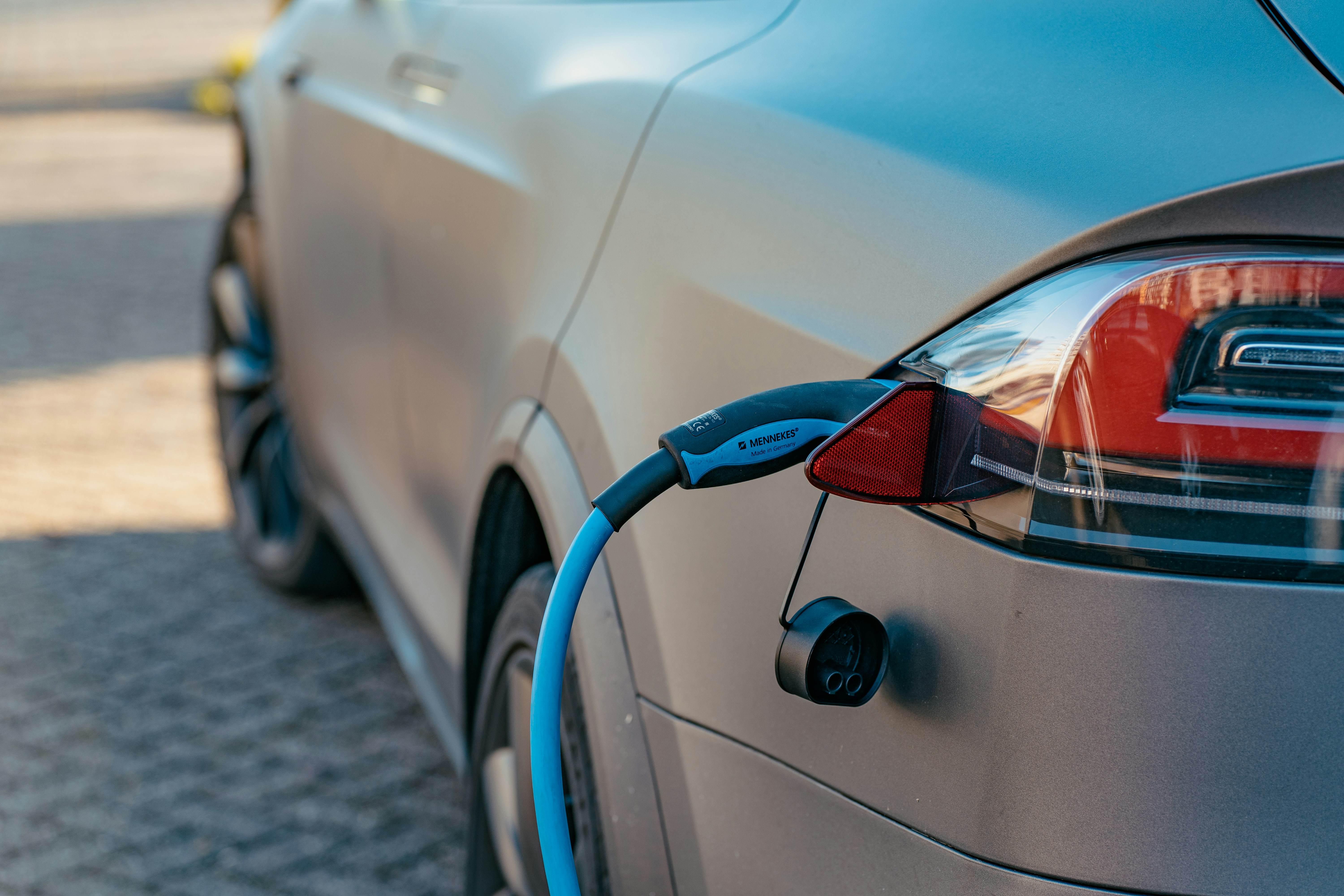Charge Ahead Partnership (CAP) has been engaged in Ohio since the 2022 legislative session and is currently advocating for Senate Bill 106 which would enact policy change to help break down the barriers to private investment in the electric vehicle (EV) charging market. While CAP has been supporting SB 106 since it was intoduced, the bill was recently amended and improved. If passed, SB 106 will classify EV charging stations as a competitive retail electric service (CRES) under the Ohio Revised Code. By classifying EV charging stations as a CRES, this will ensure that electric utilities cannot use ratepayer funds to purchase, own, and operate EV chargers. This will still allow utilities to compete in the EV charging space so long as they do so through a separate subsidiary subject to the same rates, terms, and conditions that apply to all EV charging providers. This will allow electric utilities to compete in the free market without an unfair competitive advantage. This bill is currently in the Senate Utilities Committee.
Key Provisions of SB 106:
Classifies EV charging stations as a competitive retail electric service (CERS). Ensuring that electric utilities cannot use ratepayer funds to purchase, own or operate EV chargers.
Allows utilities to compete in the EV charging space so long as it is done through a separate subsidiary operating on a level playing field with other EV charging providers in the market.
Prior to recent amendments SB 106 would have prevented electric utilities from owning and operating EV charging stations for the next five years unless done so through a separate, unregulated subsidiary or affiliate. These utility affiliates would be subject to the same rates, terms and conditions as private EV charging operators and cannot receive subsidized rates or other advantages from the utility parent company. Five years after implementation electric utilities would be permitted to petition to build EV chargers as a part of their regulated business in rural “areas of last resort” that lack publicly available EV charging stations. When seeking to build EV chargers in “areas of last resort” utilities would be subject to a right of first refusal (ROFR) process, ensuring that private entities have the opportunity to serve an area prior to the construction of a utility-owned and ratepayer funded charger and would also need to receive approval from the Ohio Public Utilities Commission. The amendments to replace this language with the stronger CRES language have improved the bill significantly.
CAP also supported legislation identical to the introduced version of SB 106, Senate Bill 266, during the 2024 legislative session. While this legislation did have positive momentum it did not pass before the end of Ohio's 2024 session.
In 2023 CAP supported language in the Ohio Operating Budget, House Bill 33, that included provisions which would have required electric utilities who wish to compete in the EV charging market to do so through a separate subsidiary subject to the same rates and conditions as any other business in the market. These provisions would have prevented rate-basing by Ohio utilities to build EV charging stations, ensuring a level playing field in the Buckeye State’s EV charging marketplace. Both the Senate and House versions of the operating budget included similar EV charging language. Unfortunately, the EV charging provisions were not included in the final conference committee report. To read the EV charging provisions mentioned above, visit page 2496 of the “As Passed by the House” version of HB 33. While this attempt at preventing rate-basing in Ohio fell short, the progress was encouraging.
In 2022 CAP advocated for amendments to Senate Bill 307. A comprehensive piece of EV legislation with workforce and manufacturing elements, this bill also would have expanded the ability of electric utilities to enter the EV charging market using ratepayer funds. CAP hoped to see the bill amended to preserve competition in the market by preventing power companies from subsidizing the cost of EV charging stations using ratepayer funds. SB 307 remained in committee at the end of the 2022 legislative session.
CAP has also engaged on the regulatory front before the Ohio Public Utilities Commission. CAP submitted comments and reply comments to the Commission in Case Record 22-1025-AU-COI, the Commission’s investigation into the implementation of the Public Utility Regulatory Policies Act (PURPA) Amendments implemented by the Infrastructure Investment and Jobs Act (IIJA). For more information on the PURPA Amendments, view the PURPA Amendments blog post. CAP’s comments encouraged the Commission to adopt policies to drive the growth of the EV charging network by preventing unfair competition from electric utilities and addressing demand charges, two key barriers to private investment. The Commission declined to implement the federal standards in this proceeding.


